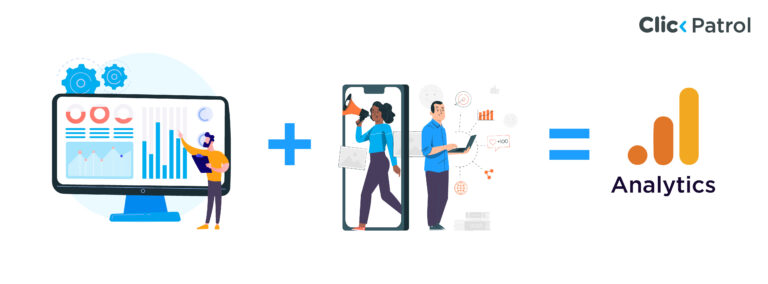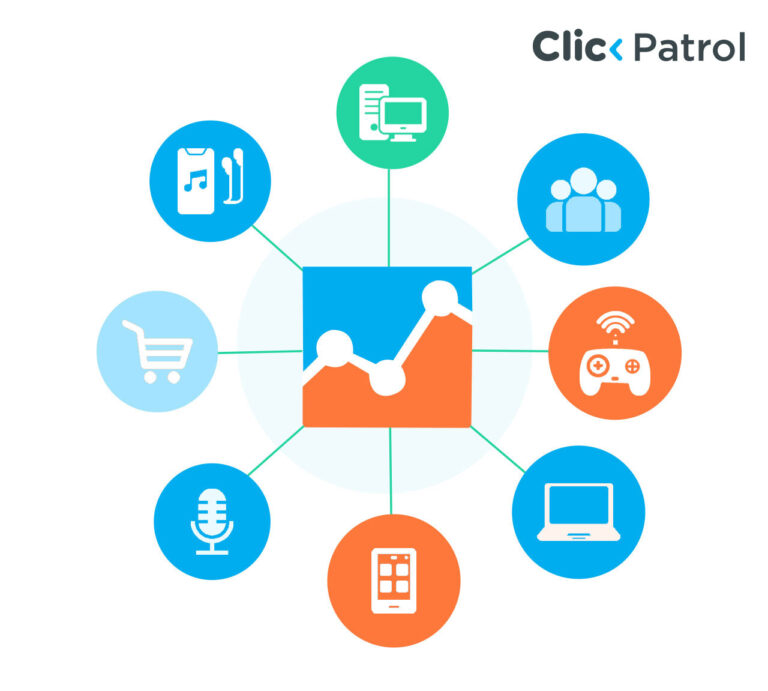
Scraping Protection for WooCommerce
Abisola Tanzako | Aug 22, 2024

Table of Contents
Do you need scraping protection for WooCommerce?
One of the most recognized and successful e-commerce platforms, with millions of online businesses powered by it, is WooCommerce. It is an open-source WordPress plugin that provides flexible options for companies of all kinds. WooCommerce provides businesses with the resources to develop and manage their online storefronts.
However, as e-commerce grows, so does the possibility of web scraping, a technique that can significantly impact businesses and lead to sensitive information being targeted. This article will discuss the significance of protecting your WooCommerce store from scraping and offer possible strategies to keep your company safe in the e-commerce industry.
What is Scraping?
Scraping or Web scraping refers to the automated process of extracting large data from websites. Typically, this data exists in an unstructured format within HTML pages. Web scraping involves transforming this raw data into structured formats, such as spreadsheets or databases, making it usable for various applications. While web scraping has legitimate uses, such as price comparison services or market research, it can also be misused to collect sensitive information or ruin a business’s competitive edge.
WooCommerce overview
WooCommerce is an open-source e-commerce platform whose flexibility allows businesses to attend to the needs of small- and medium-sized online retailers. Businesses can either build an online store from scratch or integrate shopping features into an existing WordPress site, turning it into a full-fledged e-commerce storefront.
WooCommerce functions as a complimentary plugin, seamlessly transforming a WordPress website into a functional store. WooCommerce is one of the most dependable e-commerce systems for creating profitable enterprises because of its well-known user-friendly interface and customization choices. WooCommerce powers 23% of the top 1 million eCommerce websites and has developed over 3.9 million online businesses.
Why protect your WooCommerce store from scraping
The risks of scraping can be high for WooCommerce businesses. Scrapers can target product information, price data, customer reviews, and personal consumer information. Preventing scraping on the WooCommerce website is essential for several reasons:
Maintaining competitive advantage: If competitors can easily scrape your product data and pricing information, they can quickly undercut your prices or copy your product offerings, ruining your competitive edge.
Protecting pricing strategies: Dynamic pricing and personalized offers are common in e-commerce. Scraping can reveal these strategies, allowing competitors to anticipate and counter your pricing strategies.
Control data distribution explanation: Your product descriptions, images, and other content are often the result of significant investment in time and resources. Scraping allows others to freely distribute this content without your permission, potentially on platforms that do not align with your brand values. By protecting against scraping, you control how and where your data is used.
Preventing server overload: Aggressive scraping can put unnecessary strain on your servers, potentially slowing down your site for legitimate customers or even causing crashes at significant times.
Safeguarding customer data: While most scrapers focus on product information, some may attempt to gather customer data, risking your user’s privacy and potentially violating data protection regulations.
Scraping protection for WooCommerce
Protecting a WooCommerce store requires implementing basic measures; here are a few:
- IP rate limiting: Set a maximum request limit per IP address within a specified time frame. Exceeding this limit will trigger blocking or delays, preventing rapid data collection while allowing normal browsing. However, this has to be carried out cautiously, as shared IP addresses or corporate networks may be affected.
- User authentication: Require account creation and login to access specific pages or data. This adds a barrier against automated scraping and enables effective user behavior tracking.
- Invisible CAPTCHAs: Implement modern CAPTCHAs (like reCAPTCHA v3) that challenge suspicious activity without disrupting normal users. Use them strategically, such as during form submissions or product page access.
- Dynamic content loading: Load content dynamically via JavaScript after the initial page load. Essential scrapers need help capturing dynamically loaded content, although advanced ones may still need to overcome this.
- Honeypot traps: Create hidden elements (e.g., invisible links, fake sections) accessible only to bots. Triggering these identifies likely scraping attempts without affecting legitimate users.
- User behavior analysis: Analyze browsing patterns to flag suspicious behavior. Humans exhibit imperfections (mouse movement, pauses), while bots often navigate flawlessly. Use this to identify potential scrapers.
- API usage monitoring: Strictly monitor API access. Require API keys, implement rate limits, and watch for unusual usage patterns. Consider tiered access levels based on authentication.
- JavaScript Obfuscation: Make JavaScript code harder to decipher by renaming variables, encoding strings, or using packers. While not foolproof, it adds complexity for scrapers.
- Custom Headers: Add custom HTTP headers to requests from the front end to the backend. Check for these headers on your server to identify and block scraping attempts. Effective against non-browser-emulating scrapers.
- Dynamic DOM Structure Changes: Regularly modify your HTML structure by altering element IDs, classes, and the overall document layout, disrupting scraper-parsing logic, which often relies on consistent structures. However, ensure that these changes do not impact your site’s visual appearance or functionality for genuine users.
Detecting Scraping Attempts on WooCommerce
Implementing multiple layers of detection increases your chances of identifying scraping attempts early, allowing you to take appropriate action to protect your WooCommerce store’s data and resources. Here are a few detection steps:
- Rate limiting: Implement rate limiting for API requests. Limit the requests from a single IP address within a specific time frame. If an IP exceeds the limit, consider it suspicious and block further requests temporarily.
- User-agent analysis: Monitor the user-agent header in HTTP requests. Bots often use generic or outdated user-agent strings. Identify patterns and block requests from suspicious user agents.
- Honeypots: Set up hidden fields (honeypots) in your forms. Legitimate users won’t fill them out, but bots might. If a form submission contains data in these fields, flag it as suspicious.
- Session tracking: Tracking user sessions and behavior for sudden spikes in activity or repetitive actions (like scraping product pages) can indicate automated bots.
- IP geolocation: Use IP geolocation services to identify the origin of requests. Investigate further if you notice a high volume of requests from specific countries or regions.
Impacts of scraping protection for WooCommerce
- Enhanced data security: Protection measures safeguard sensitive customer data, preventing unauthorized access and potential breaches. Compliance with privacy regulations (e.g., GDPR) is crucial.
- Preserved competitive advantage: Effective protection prevents competitors from quickly scraping your product data, pricing, and marketing strategies. You maintain a unique edge in the market.
- Mitigated price wars: By safeguarding pricing data, you avoid constant undercutting by competitors. Dynamic pricing strategies remain effective, maintaining profit margins.
- Accurate inventory management: Protection ensures accurate inventory tracking. Concurrent availability information helps optimize supply chain operations and prevent stockouts.
- Reduced legal risks: Compliance with terms of service and copyright laws prevents legal disputes. It helps avoid reputational damage and potential financial penalties.
- Enhanced SEO and content value: Scrapers won’t ruin your content’s uniqueness. Original content remains valuable for search engine rankings and backlink opportunities.
- Streamlined business decisions: Reliable data allows data-driven pricing, marketing, and inventory decisions. Businesses can adapt swiftly to market changes.
Ongoing scraping protection for WooCommerce
Protecting your WooCommerce store from scraping involves a continuous, multi-faceted strategy to ensure the security and success of your e-commerce business. By understanding the risks, implementing a combination of basic and advanced protection measures, staying informed about the latest security trends, being vigilant with monitoring, and considering legal safeguards, you can significantly reduce the risk of harmful scraping activities, safeguard your valuable data, and maintain your competitive edge in the e-commerce and retail industries.
FAQs
Q.1: What should I do if I suspect someone is scraping my WooCommerce store?
If you suspect that your WooCommerce store is being scraped, you can protect your data and prevent further unauthorized access by monitoring your traffic pattern, reviewing server logs, implementing rate-limiting, and conducting user behavior analysis.
Q.2: Are there any free plugins or tools to protect my WooCommerce store from scraping?
Yes, there are free plugins that can provide basic protection for your WooCommerce store; here are a few:
Web Scraper (Chrome Browser Extension): Web Scraper allows you to extract data from websites, including WooCommerce-based e-commerce sites. While it’s primarily used for scraping, you can also use it to monitor your site and identify potential scraping attempts.
All-in-One SEO (WooCommerce SEO): Although not explicitly designed for anti-scraping purposes, this plugin helps improve your store’s SEO, making it more visible to legitimate users and search engines. Good SEO practices can indirectly discourage scrapers by ensuring your content is accessible and well-structured.
Q.3: Can I prevent web scraping completely?
Preventing web scraping entirely is challenging due to the constant evolution of scraping techniques. However, implementing multiple layers of protection can significantly reduce the risk and impact of scraping attacks.
Q.4: Will implementing scraping protection slow down my website?
Yes! When implementing scraping protection methods, finding a solution suitable for both security and user experience is crucial. CAPTCHAs, for instance, can have a slight impact on website performance. However, using optimized CAPTCHA services and testing various protection methods can help minimize this impact while maintaining security.





